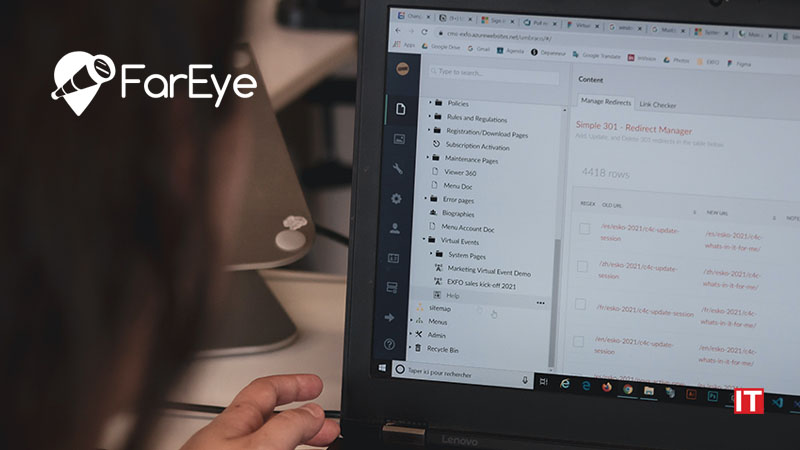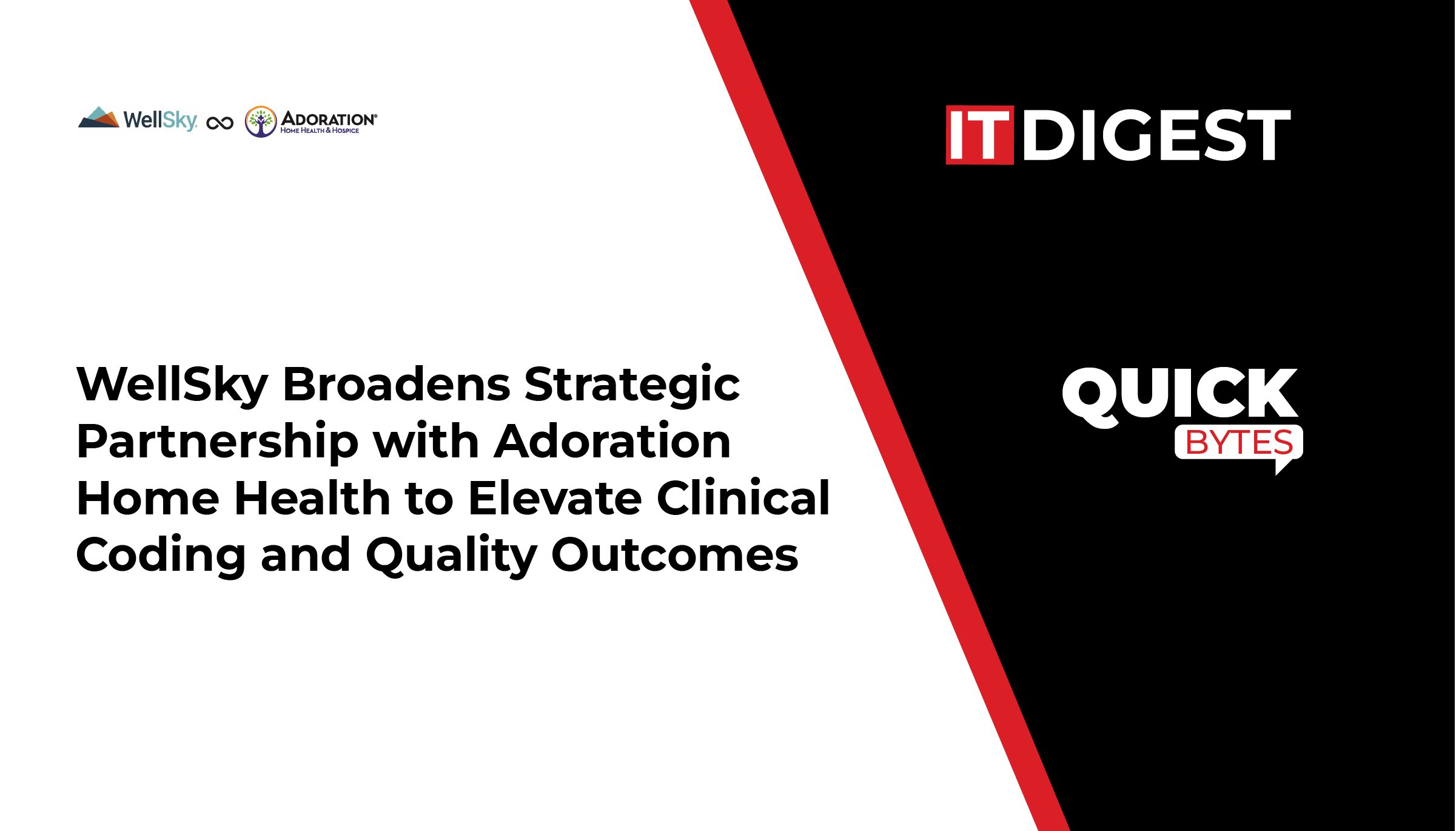FarEye, a global SaaS platform provider transforming last-mile logistics, announced several new capabilities for more environmentally sustainable delivery operations, route optimization, and consumer experience. New capabilities across FarEye’s Intelligent Delivery Management Platform are designed to help customers boost delivery efficiency, enable green fleets, and gain visibility into outcomes of sustainability initiatives.
Also Read: Blockchain: The Technology Reshaping the Banking Sector
We are partnering with our customers using our optimization and visibility solution to optimize fleets and reduce emissions while delivering delightful experiences to their end customers,” said Suvrat Joshi, chief product officer at FarEye. “In a world shifting towards prioritizing environmental sustainability, we are dedicated to complementing and supporting our customers’ sustainability goals. In 2021, customers that used our platform collectively helped reduce carbon footprint by 40,961 tons. We see this number continue to increase as our customers adopt and use these new capabilities across first, mid, and last mile in their delivery network.”
FarEye’s four new sustainability capabilities have been developed to help both shippers and carriers minimize CO2 emissions throughout their logistics operations, addressing end consumers’ desire to have their online orders delivered on time and with minimal or zero carbon emissions. These features include:
Green Vehicle Route Planning: Enables customers to design and plan last-mile delivery of products with an intelligent mix of green fleets (cargo bikes, bikes and foot delivery), to achieve on-time delivery ultimately driving high consumer satisfaction with minimal or zero carbon footprint.
Long-Haul Truck Route Planning: Allows carriers to design optimal multi-day, long-haul trucking routes to minimize idling times, avoid roadblocks and reduce fuel consumption. FarEye’s algorithm facilitates long-haul deliveries with multiple drivers to swap driving shifts and meet the legal norms of on-road driving requirements. Carriers can not only achieve sustainable goals but also meet their OTIF targets.
Carrier Allocation System: Helps brands select suitable delivery partners for different types of shipments to improve their first attempt delivery rates, minimize delivery re-attempts and damaged goods deliveries, and avoid repeated transport and corresponding carbon emissions. This goes hand-in-hand with a strong focus on ensuring a higher percentage of first attempt delivery rates to build and sustain a loyal customer base.
Sustainability Dashboard: Provides a visual representation specifically measuring carbon footprint KPIs for the customer, helping them understand carbon emissions breakdown by mode, route, carrier. The dashboards are designed to scale to be granular enough to measure package-level emissions. The dashboard also provides the ability to track and control CO2 emissions across all modes of transportation (road, rail, ocean and air) and benchmark third-party carriers and routes with the least CO2 emissions.
FarEye’s platform processes over 100 million transactions every monthly, supports more than 25,000 drivers and is integrated into a network of over five million vehicles, improving billions of deliveries worldwide. The company is on a journey to achieve 100+ million transactions per day with processing petabytes of data.
































